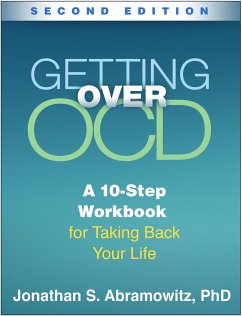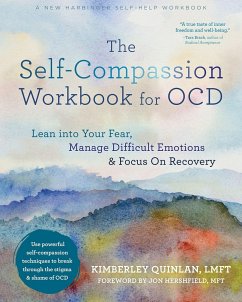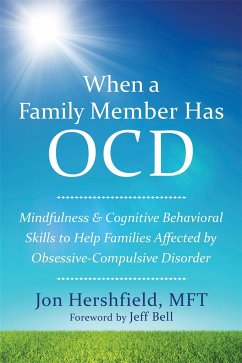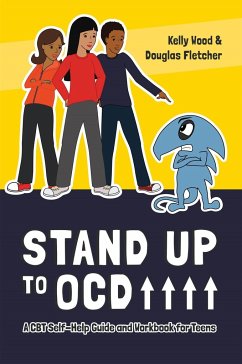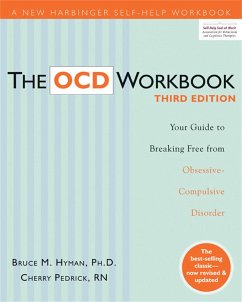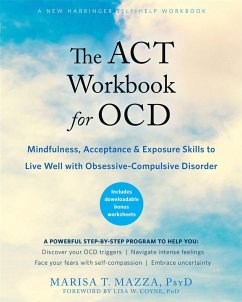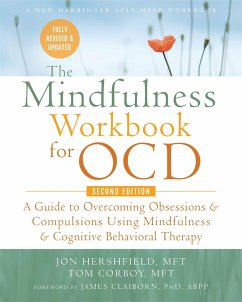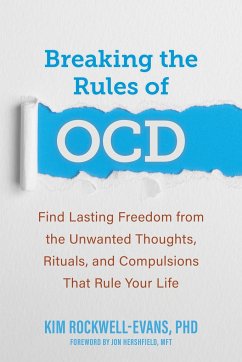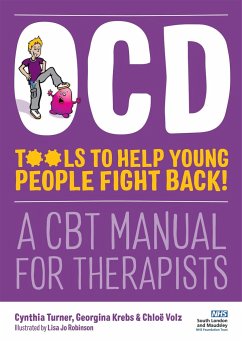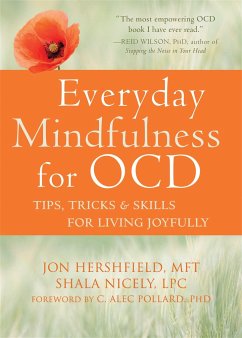
The Family Guide to Getting Over Ocd
Reclaim Your Life and Help Your Loved One

PAYBACK Punkte
14 °P sammeln!
When a loved one is trapped in a cycle of obsessions, it's a struggle for the whole family. Throwing a lifeline to spouses, parents, and others, a renowned psychologist reveals that well-meaning attempts to accommodate these rituals can make OCD worse and strain relationships




